Leaving Home
Books by Anne Edwards
Biographies
Judy Garland: A Biography
Vivien Leigh: A Biography
Sonya: The Life of Sonya Tolstoy
Matriarch: Queen Mary and the House of Windsor
Road to Tara: The Life of Margaret Mitchell
A Remarkable Woman: The Life of Katharine Hepburn
Early Reagan: The Rise to Power
Shirley Temple: American Princess
The DeMilles: An American Family
Royal Sisters: Elizabeth and Margaret
The Grimaldis of Monaco: Centuries of Scandal/Years of Grace
Throne of Gold: The Lives of the Aga Khans
Streisand
Ever After: Diana and the Life She Led
Maria Callas: An Intimate Biography
The Reagans: Portrait of a Marriage
Novels
The Survivors
Shadow of a Lion
Miklos Alexandrovitch Is Missing
Haunted Summer
The Hesitant Heart
Child of Night
La Divina
Wallis: The Novel
Memoirs
The Inn and Us (cowritten with Stephen Citron)
Scarlett and Me
Leaving Home
A Hollywood Blacklisted Writers Years Abroad
Anne Edwards

THE SCARECROW PRESS, INC.
Lanham Toronto Plymouth, UK
2012
Published by Scarecrow Press, Inc.
A wholly owned subsidiary of The Rowman & Littlefield Publishing Group, Inc.
4501 Forbes Boulevard, Suite 200, Lanham, Maryland 20706
http://www.scarecrowpress.com
10 Thornbury Road, Plymouth PL6 7PP, United Kingdom
Distributed by National Book Network
Copyright 2012 by Anne Edwards
All rights reserved. No part of this book may be reproduced in any form or by any electronic or mechanical means, including information storage and retrieval systems, without written permission from the publisher, except by a reviewer who may quote passages in a review.
British Library Cataloguing in Publication Information Available
Library of Congress Cataloging-in-Publication Data
Edwards, Anne, 1927
Leaving home : a Hollywood blacklisted writers years abroad / Anne Edwards.
p. cm.
Includes index.
ISBN 978-0-8108-8199-0 (hardback : alk. paper) ISBN 978-0-8108-8200-3 (ebook)
1. Edwards, Anne, 1927- 2. Authors, American20th centuryBiography. 3. ScreenwritersUnited StatesBiography. 4. Expatriate authorsEnglandLondonBiography. 5. Blacklisting of authorsUnited States. I. Title.
PS3555.D87Z46 2012
813'.54dc23
[B] 2011043169
 The paper used in this publication meets the minimum requirements of American National Standard for Information SciencesPermanence of Paper for Printed Library Materials, ANSI/NISO Z39.48-1992.
The paper used in this publication meets the minimum requirements of American National Standard for Information SciencesPermanence of Paper for Printed Library Materials, ANSI/NISO Z39.48-1992.
Printed in the United States of America
For Catherine and Michael
The two of we three
Without you I would never have been complete
Acknowledgments
M y heartfelt gratitude to my children, Michael Dean Edwards and Catherine Edwards Sadler Grill, who relived and shared with me their memories of the times of our lives chronicled in this book. My pride in them as man and woman has grown steadily through the years. I have always believed I am the luckiest mother I have known. In recounting my life during their childhood and youth, I now know that to be true.
There have been others who shared those times with me, some who were fond friends, others who were the progeny of those who are now sadly goneI give to them my deepest gratitude. Their personal reflections and the filling in of so many details have contributed greatly to a fuller and more accurate portrait of our expat years.
I have been extremely fortunate in having Stephen Ryan as an editor for he has, from the beginning, shown his belief in this very personal book at a time that has not been easy in the publishing world. I also want to extend my appreciation to others who have assisted so well in the final making of Leaving Home : production editor Jessica McCleary; the fine copyeditor, April Lehoullier; the proofreader, Annette Van Deusen; and my good friend George Djordjevic, who navigated me through the high-tech seas of the twenty-first century.
Last, but certainly not least, my loving appreciation goes to my husband, Stephen Citron, who came into my life only after I had returned home, and who has never lessened his support of me or my writing.
Setting the Scene
T he day that would change my life and that of my two children, Michael, almost seven, and Catherine, almost three, is indelibly carved into my memory. A hot California sun burned through the large, arched front windows of my small Spanish bungalow, blinding the familiar view beyondpalm trees towering over like houses on the fringe edge of Beverly Hills, where more expansive, pricey dwellings were the usual, many occupied by movie stars and other well-known denizens of the film industry. This was a fiery day in August 1954. Summer would soon pass and time was running out for we three. A divorced mother in my midtwenties, my ex-husband goneno one knew quite whereI had no job (I was an independent neophyte screen and television writer), do-piddling in the bank, with only six weeks remaining on an eviction notice to vacate our home.
I had been nineteen in 1947, when I married my husband, who was twenty-one and a seasoned veteran of World War II, having served in Guam. We had been divorced for the past year. In the intervening months I had fought my own war after being attacked by poliomyelitis at a time when the virus that paralyzed and killed was rampant (mostly among young people, although our President Franklin D. Roosevelt had also survived polio, and managed, just dandy, thank you, to get us through the Depression and World War II) and the vaccine not yet available. Oh, yes! I have not mentioned that I was also in danger of momentarily receiving the dreaded pink subpoena to appear before the House Un-American Activities Committee, already apparently having been found guilty by suspicion and association of having tangible connections to Communist ideas and their supposed supportersHollywood writers mainlywho were being accused of disseminating Russian political propaganda through their screenplays.
A mushroom cloud of fear had hovered over my beloved United States for a number of years, since the fall of 1947, in fact, settling over Hollywood and directing its lethal rays on the movie industry. Its chief instigator was US senator Joseph McCarthy, rabid for power at any cost to his nation and devastation to hundreds (make that thousands) of people, a huge majority of whom were innocent of any crime or malfeasance to their country. (His surname, many damaged lives later, would give birth to the word McCarthyism, defined in the American Heritage Dictionary as: The practice of publicizing accusations of political disloyalty or subversion with insufficient regard to evidence [and] the use of unfair investigatory methods in order to suppress opposition.) McCarthy, his cohorts, and his disciples, believed, or pretended it to be so, that Communist Russia was trying to undermine, and eventually take over, the United States through a conspiracy of Hollywood screenwriters, producers, and directors. The attacked moviemakers (excluding the studio moguls whom the Committee appeared to consider blameless) were the creators of stories dealing with the greed of the rich and the oppression of the poor.
What better show trial and media blitz could be had than one that paraded on television (the countrys newest diversion) before the Committee some of Hollywoods most famous moviemakers, stars, writers, directors, and producersas both friendly and unfriendly witnesses; the former siding with the Committee. One member, congressman, future vice president and president, Richard M. Nixon, made a public statement that he was seriously concerned about John Steinbecks great 1930s Depression opus about migrant farm workers, The Grapes of Wrath (screenplay by Nunnally Johnson) being shown in Yugoslavia. No reason was given as to why our nation might be concerned about how the movie (originally released in the States in 1940) might affect a mid-European country that had broken with the Soviet Bloc in 1948 and at this time enjoyed a varying degree of freedom in the arts. Then, along came Jack Tenney, the inquisitorial state senator from California (and friendly witness), who testified that Frank Sinatra was abetting Communism by appearing in films filled with Communist propaganda. The movies were not listed, but it is difficult to comprehend how Sinatras appearances in musical films such as Ships Ahoy! , Anchors Aweigh , and It Happened in Brooklyn all good-feeling, shallow storiescould convey a political agenda.

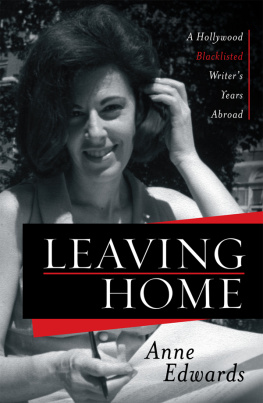
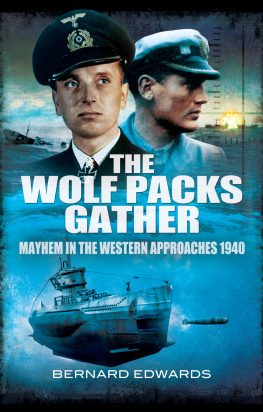
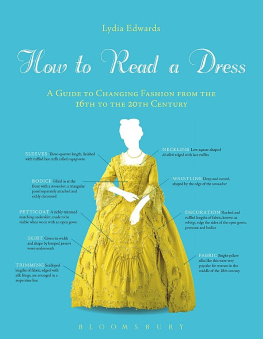

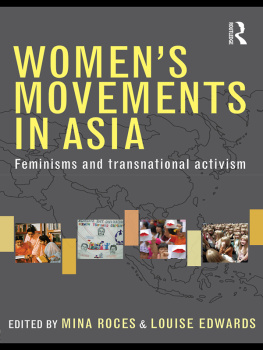




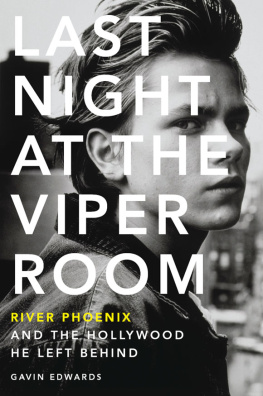
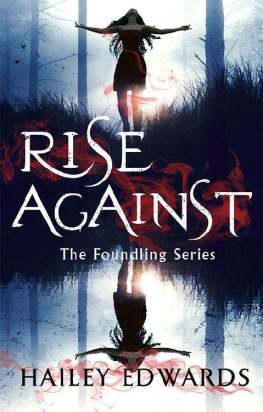
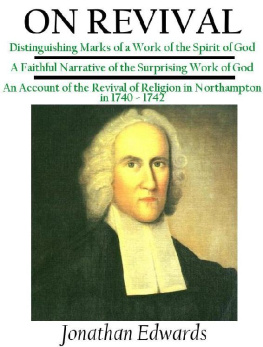
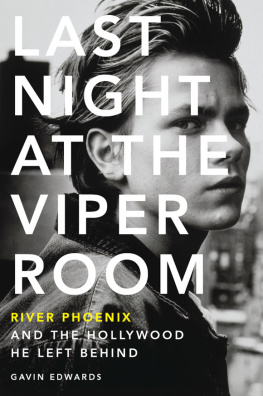


 The paper used in this publication meets the minimum requirements of American National Standard for Information SciencesPermanence of Paper for Printed Library Materials, ANSI/NISO Z39.48-1992.
The paper used in this publication meets the minimum requirements of American National Standard for Information SciencesPermanence of Paper for Printed Library Materials, ANSI/NISO Z39.48-1992.